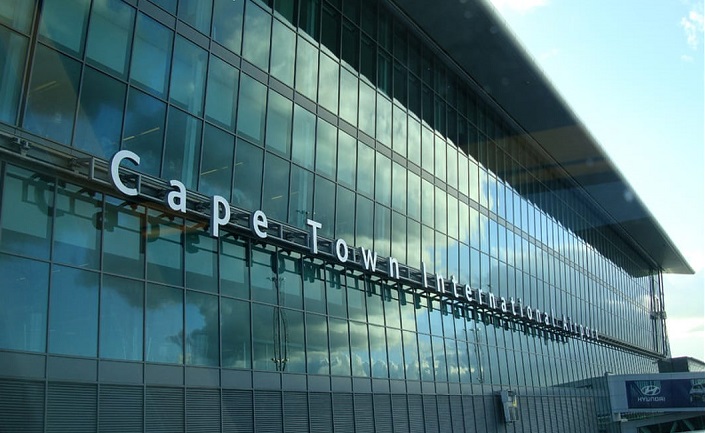
Health Dept confirms water supply restored to 3 Gauteng hospitals following maintenance! Access to water has been restored to three major health facilities in Gauteng following a prolonged weekend water outage caused by maintenance work on Rand Water‘s infrastructure.
The Helen Joseph, Leratong, and Bheki Mlangeni hospitals were heavily affected during the disruption, sparking concerns about the impact on critical healthcare services.
The Impact on Healthcare Facilities
The water supply interruption was the result of maintenance work conducted by Rand Water at its Zwartkoppies and Eikenhof pump stations. While necessary to maintain infrastructure, the maintenance led to significant disruptions across parts of Johannesburg, leaving healthcare facilities struggling to maintain operations.
For patients and healthcare workers, the challenges were immediate and pressing. One pregnant woman, awakened by labor pains, was rushed to Bheki Mlangeni Hospital in Soweto, only to discover that the facility was without water.

The expectant mother shared her frustration, explaining that hospital staff informed her she should have brought her own water due to the shutdown. Such incidents highlight the severe consequences that water outages can have on vulnerable patients relying on critical medical care.
Challenges in Recovery
While water has now been restored, Joburg Water confirmed that its systems were still in the recovery phase, leaving some areas without adequate supply. In certain instances, water pressure remained low, affecting service delivery even after the supply had resumed.
Helen Joseph Hospital experienced delayed normalization, with water flow returning at levels below what the facility typically uses. Leratong Hospital, located in the West Rand, also faced similar difficulties over the weekend before seeing improvements.
Restoration Efforts
The Gauteng Department of Health worked closely with Rand Water and other stakeholders to ensure water supply was restored as quickly as possible. Department spokesperson Motalatala Modiba confirmed that water access had resumed across all affected hospitals.
“Helen Joseph in Johannesburg and also Leratong in the West Rand saw the situation normalize over the weekend,” said Modiba. “As of today, they are back to normal, although at Helen Joseph, in the morning, the supply was still coming in but not at the level they are used to. The water has been restored. Bheki Mlangeni also had a challenge, but we started seeing water coming back.”

Ripple Effects in Communities
Beyond healthcare facilities, the outage affected numerous residential and business areas in Johannesburg. Many residents reported being without water for extended periods, struggling to manage daily tasks while waiting for supply systems to recover.
The disruption underscores the importance of efficient communication and contingency planning during essential maintenance projects. While Rand Water’s work is critical for long-term sustainability, the immediate effects on essential services and communities reveal gaps that need addressing.
Preparing for Future Maintenance
The recent outage highlights the need for improved contingency plans for healthcare facilities during such events. Hospitals, especially those with high patient volumes, must be equipped with backup solutions, such as water tankers and storage systems, to prevent disruptions to critical services.
Authorities are also calling for more timely and transparent communication between water utilities and affected institutions. Advanced notice and real-time updates can help healthcare providers better prepare for challenges during outages.

Lessons from the Crisis
The water outage serves as a reminder of the fragile balance between maintaining critical infrastructure and ensuring uninterrupted access to essential services. For healthcare facilities, access to water is non-negotiable, as it directly impacts patient care, hygiene, and operational efficiency.
As Gauteng continues to face challenges related to water supply and infrastructure maintenance, a coordinated approach involving all stakeholders is necessary to minimize disruptions in the future.
Conclusion
With water now restored to the affected hospitals, the immediate crisis has been alleviated. However, the incident underscores the need for proactive measures to safeguard healthcare services during infrastructure maintenance. Lessons learned from this disruption should inform better planning and preparedness, ensuring that essential services like hospitals remain resilient even in the face of unavoidable challenges.
The Gauteng Department of Health, together with water utilities and municipalities, has a crucial role to play in building systems that prioritize both infrastructure sustainability and uninterrupted access to critical resources.
#Health #Dept #confirms #water #supply #restored #Gauteng #hospitals #maintenance



